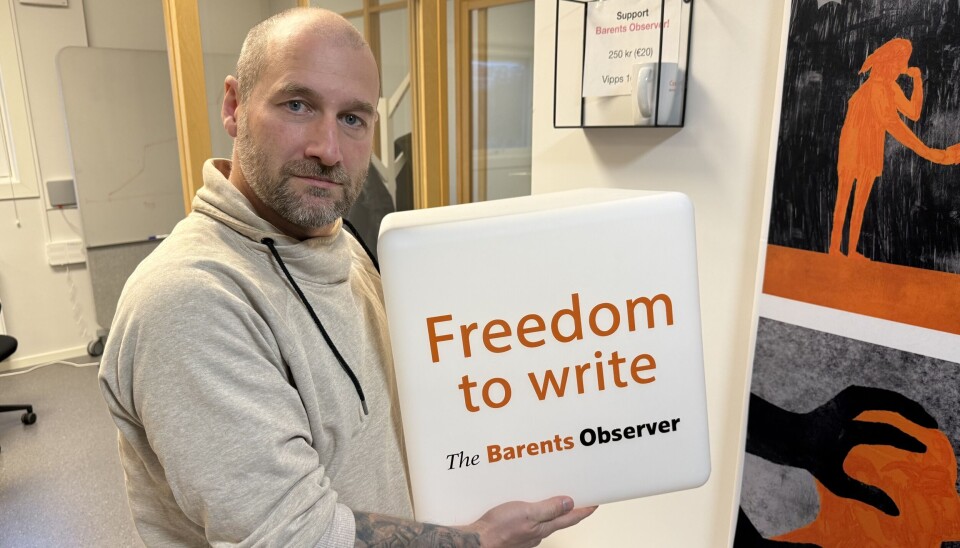
With Denis listed on Friday, half of Barents Observer's journalists are now 'foreign agents'
Denis Zagore is the third journalist working for the small Russian-English online newspaper to be put on the notorious ‘foreign agent’ list, which the Kremlin uses to intimidate journalists and others into silence.
“I’m not surprised, I have been waiting for this,” said Denis Zagore. “Actually, I was been wondering why it took so long.”
Zagore was the first Russian journalists in exile to team up with the Norway-based Barents Observer. He left Murmansk in 2022 after Russia’s full-scale invasion of Ukraine.
“Denis Zagore disseminated false information about decisions made by public authorities of the Russian Federation and the policies they pursued,” the Justice Ministry writes in its decision made public Friday evening.
The repressive authorities also point to the fact that Zagore works for an 'undesirable organisation' - a branding the Barents Observer got on February 7 this year, one day after the news outlet won over the Russian state in the European Court of Human Rights.
The two other Barents Observer journalists already on the list are Georgii Chentemirov and Olesia Krivtsova.
Chentemirov was added in 2023 and Krivtsova in August this year.
"I think I'm the first journalist from the Murmansk region to be listed, but to be clear: I will of course continue to write, continue to be a good journalist," Denis Zagore said shortly after he saw his name on the 'foreign agent' list.
"What we're doing irritates the Russian authorities," he added.
Earlier this year, the Committee to Protect Journalists said it had documented 247 journalists and media outlets branded as ‘foreign agents’ since the start of Russia’s full-scale invasion of Ukraine in February 2022.
Half of Barents Observer's six journalists are now on the list.

Nearly 1,000 individuals are now on the Justice Ministry's list.
Also, more than 500 non-governmental organisations have been added, including media like Radio Svoboda, Meduza, TV Rain (Dozhd), The Moscow Times and Mediazona.
Individuals that are named 'foreign agents' are no longer allowed to join civil service, participate in electoral commissions or donate to political parties. They are also banned from engaging in educational activities or producing information materials for minors.

















